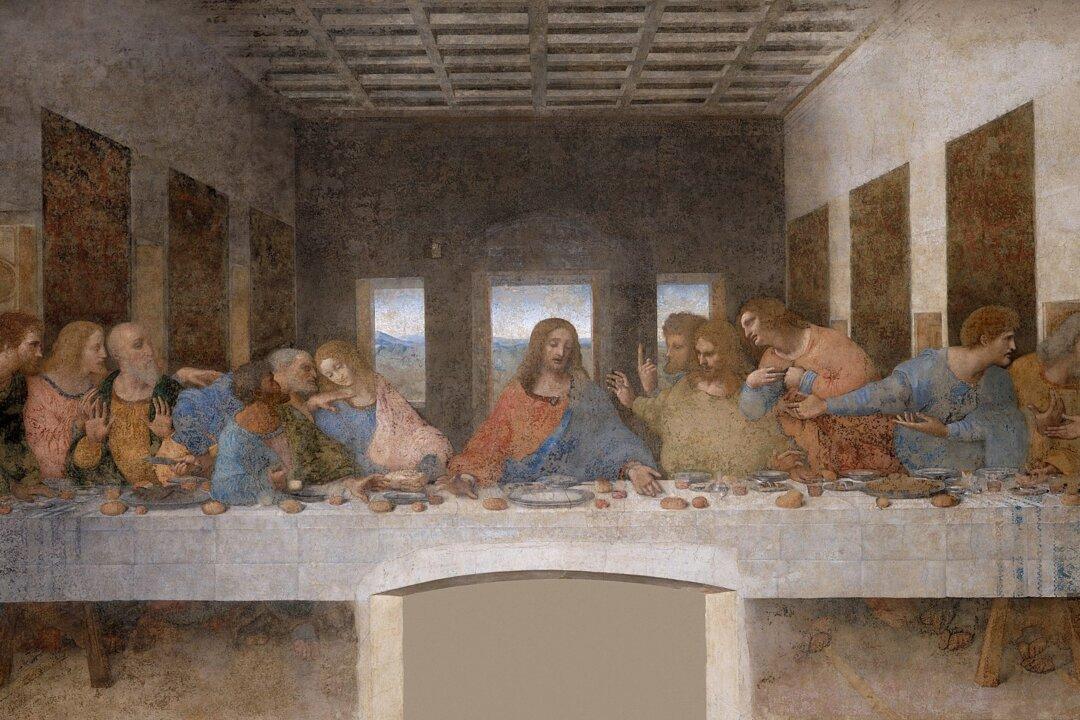For centuries, families have gathered to eat and talk. Anthropological evidence from every culture and era show that human beings, by nature, live in families, and their identity and their traditions were kept alive by these family rituals.
When I was growing up, mealtimes were a ritual that we observed strictly. I helped set the table and cleared away the plates. No elbows were allowed on the table, and there was to be no reaching across or talking with one’s mouth full of food. In the olden days—think Downton Abbey—people dressed for dinner.






